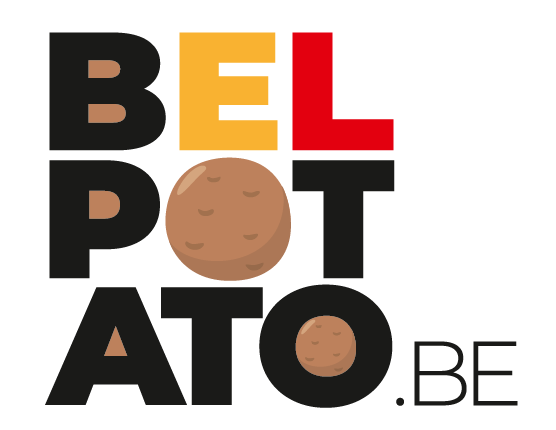Interbranch organization for the potato sector takes off in Belgium
The Belgian potato sector has experienced tremendous growth in recent years. In 1990, around 500,000 tonnes of potatoes were processed into fries, puree products, chips or flakes and granulates. In the meantime, that volume has increased tenfold. Belgium is the largest exporter of frozen potatoes in the world. The growth of Belgian potato processing is also guaranteed for the future. The area of potatoes in Belgium has reached 100,000 ha in recent years. Potato cultivation is the engine of Belgian arable farming. The vast majority of the Belgian potato value chain - growers, traders, packers and processors - are family businesses. The sector faces many challenges. Only through cooperation within the chain can the sector adapt to the needs of the time and remain leading in the Belgian and world market. That's why Algemeen Boerensyndicaat (ABS), Belgapom, Boerenbond, Fiwap and Fédération Wallonne des Agriculteurs (FWA) join forces and set up Belpotato.be, the interbranch organization (IO) for Belgian potato growing and trade.
 On January 20, the founding deed of Belpotato.be was officially signed in Huldenberg. The composition of the Executive Board ensures that there are balances between growers, traders and processors, and between Dutch and French speakers. Jean-Pierre van Puymbrouck becomes the first chairman. In the first working year, the secretariat is provided by Pierre Lebrun (Fiwap) and Kurt Cornelissen (PCA).
On January 20, the founding deed of Belpotato.be was officially signed in Huldenberg. The composition of the Executive Board ensures that there are balances between growers, traders and processors, and between Dutch and French speakers. Jean-Pierre van Puymbrouck becomes the first chairman. In the first working year, the secretariat is provided by Pierre Lebrun (Fiwap) and Kurt Cornelissen (PCA).
However, pending official establishment, the founding members have already made a list of priorities that should be addressed by Belpotato.be:
- The most important objective of the IO is to promote the sustainability of the sector (ecologically, economically and socially). Belpotato.be wants to further strengthen sustainability through innovation.
- The potato chain has enormous research and development needs in view of the rapid social developments, the complexity of the cultivation, the strict requirements as a raw material, the impact on the environment, ... At present, research in Belgium is insufficient in proportion to the economic importance of the potato. Existing actions among various institutions lack coherence or can respond better to the needs of the chain. Belpotato.be therefore wants to strive for more resources for research and development and better alignment with the real needs of the sector and its sustainability.
- Belgium is currently (too) dependent on foreign countries for seed potatoes provision. In recent years, the quality of the seed potatoes has regularly caused problems with regards to emergence. In the event of a poor emergence, the financial impact can be significant for the producer of ware potatoes, taking into account the contractual sales obligations that he must fulfill. In this context, the development of more Belgian production of certified seed potatoes in the most commonly used varieties is desirable.
- The IO will monitor the contractual relationships to ensure that balanced commercial relationships between the producer and the first buyer remain within the supply contracts for industrial potatoes.
- Market information will be collected and analyzed and shared with the entire chain.
- Changing legislation sometimes causes problems for the sector. A current example is the disappearance of germ inhibitor CIPC. The practical, technical, sanitary and financial consequences will after all have an impact on the entire potato chain. Belpotato.be is facing a difficult task to ensure that the transition to storage without CIPC goes as smoothly as possible without significant loss of storage capacity, without quality loss of the potatoes supplied and without reducing the margins within the sector or the competitiveness of Belgian finished products for export.
- The interbranch organization also wants to play a role in determining the reception conditions and the transparency of the assessment of the quality of industrial potatoes by establishing clear and unambiguous protocols.
- Belpotato.be will also represent the sector in public and private structures whose actions and decisions directly concern potato issues (technology, economy, environment, public health, trade, social, ...).




